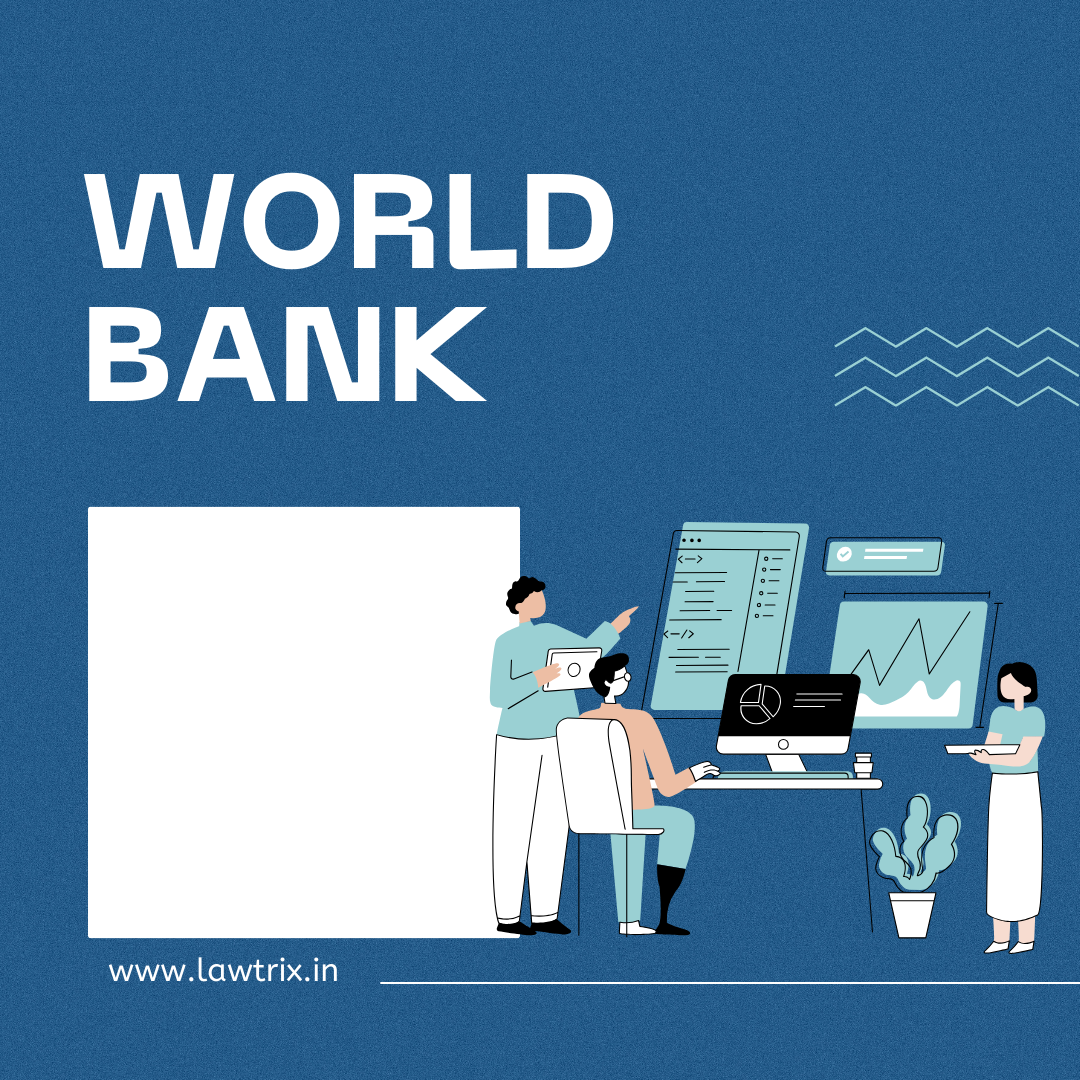


The World Bank is an international
financial institution that provides loans and grants to the governments of low-
and middle-income countries for the purpose of pursuing capital projects. The
World Bank is the collective name for the International Bank for Reconstruction
and Development (IBRD) and International Development Association (IDA), two of
five international organizations owned by the World Bank Group. It was
established along with the International Monetary Fund at the 1944 Bretton
Woods Conference. Its loan strategy is influenced by the United Nations'
Sustainable Development Goals, as well as environmental and social safeguards. The
World Bank aims to reduce poverty by providing financial and technical assistance
for development projects.
Key
functions of the World Bank include:
Providing
Loans and Credits: The World Bank provides loans and
credits to developing countries for various purposes such as infrastructure
development, health and education projects, agricultural improvements, and
institutional reforms.
Technical
Assistance: In addition to financial assistance,
the World Bank also offers technical expertise and knowledge sharing to help
countries implement development projects effectively.
Policy
Advice: The institution provides policy advice to
governments based on research and analysis conducted by its experts. This
advice aims to promote economic growth, poverty reduction, and sustainable
development.
Capacity
Building: The World Bank supports capacity building
initiatives in developing countries to strengthen institutions and human
resources, enabling them to better manage their economies and implement
development programs.
Research
and Data Collection: The World Bank conducts research and
collects data on various aspects of development, including poverty, economic
growth, health, education, and environmental sustainability. This research
helps guide policy decisions and development strategies.